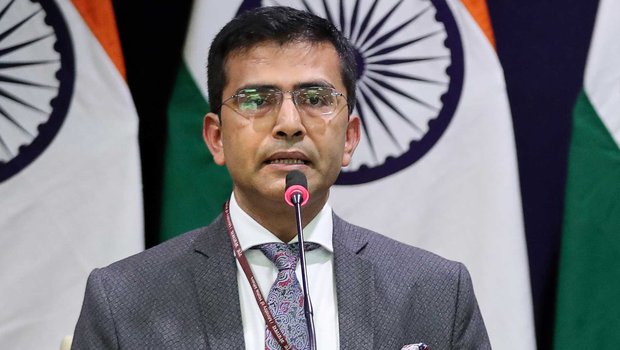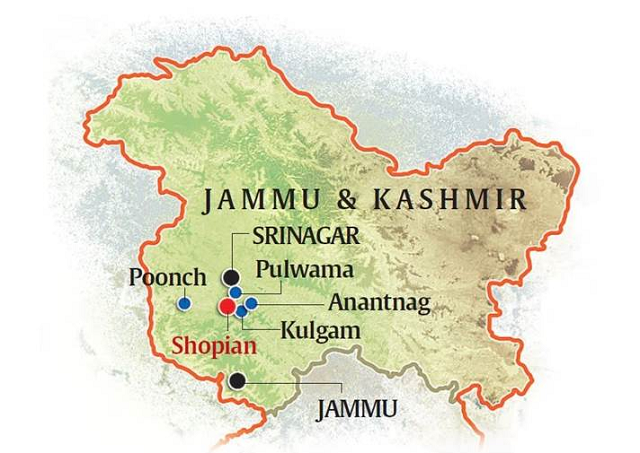MEA rejects reference to J-K in joint statement by China-Pak, expresses concern over CPEC
India on Tuesday rejected the reference to Jammu and Kashmir in a joint statement by China and Pakistan last week and also expressed concerns over the China-Pakistan Economic Corridor (CPEC) passing through illegally occupied Pakistan Occupied Kashmir (PoK).

New Delhi: India on Tuesday rejected the reference to Jammu and Kashmir in a joint statement by China and Pakistan last week and also expressed concerns over the China-Pakistan Economic Corridor (CPEC) passing through illegally occupied Pakistan Occupied Kashmir (PoK).
Indian Ministry of External Affairs (MEA) Spokesperson Raveesh Kumar said that Jammu-Kashmir is an integral part of India.
Also Read: India, China in touch for second informal summit: MEA
"We reject the reference to Jammu & Kashmir in the joint statement issued by China and Pakistan after the recent visit of Chinese Foreign Minister. J&K is an integral part of India," MEA spokesperson said in a statement in response to a query in this regard.

Asserting that India is "resolutely" opposed to any action by other countries to change status quo in PoK, he said, "On the other hand, India has consistently expressed concerns to both China and Pakistan on the projects in so-called "China Pakistan Economic Corridor", which is in the territory of India that has been illegally occupied by Pakistan since 1947."
Also Read: MEA in touch with Iran to secure release of Indians onboard seized British vessel [
"India is resolutely opposed to any actions by other countries to change the status quo in Pakistan occupied J&K. We call on the parties concerned to cease such actions," said Kumar.
A joint statement by Pakistan and China issued on Sunday following the conclusion of Chinese Foreign Minister Wang Yi's two-day visit to Pakistan, said that "China is closely watching the situation in Jammu and Kashmir" and reiterated that the "Kashmir issue is a dispute left from history, and should be properly and peacefully resolved based on the UN Charter, relevant UN Security Council resolutions and bilateral agreements". (ANI)
 Dynamite News
Dynamite News